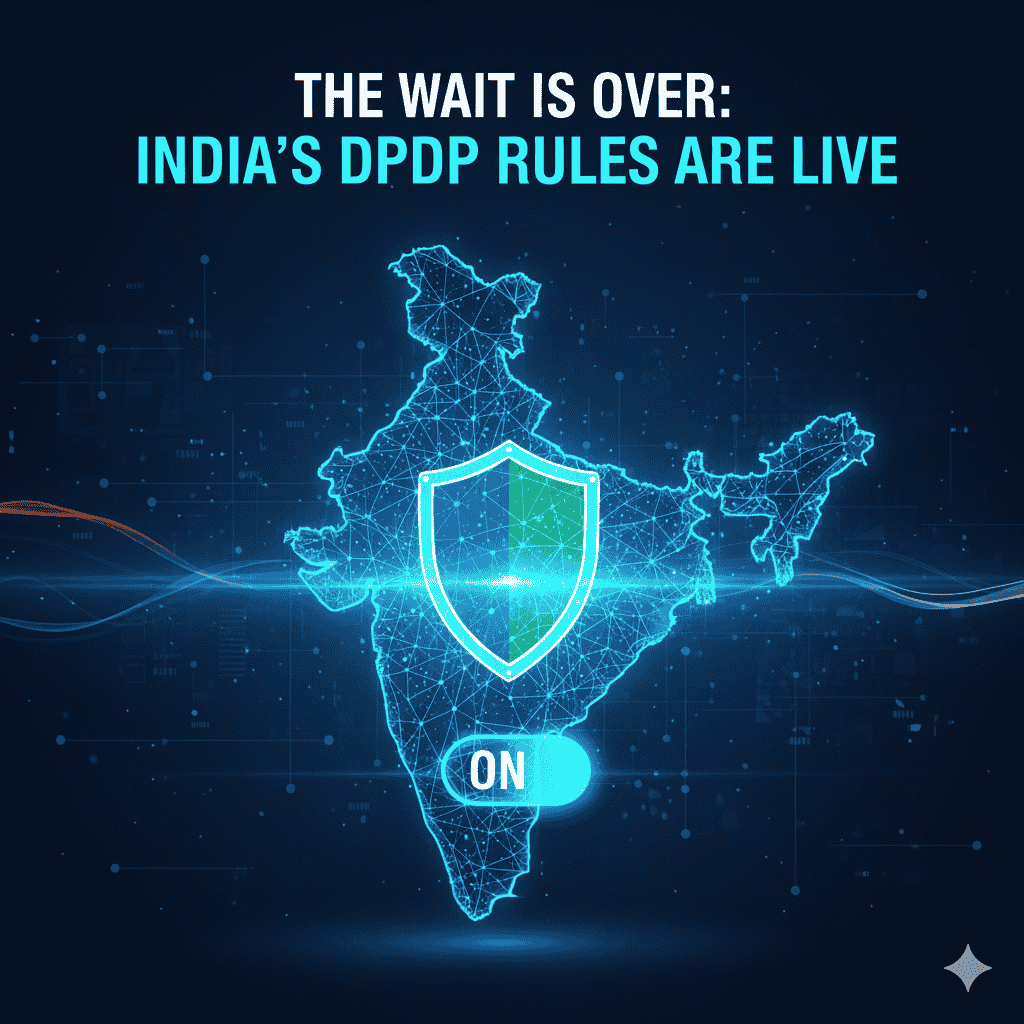In today’s fast-paced digital landscape, marketing automation tools have become essential for businesses striving to streamline their marketing efforts, enhance lead generation, and improve customer engagement. However, with a plethora of options available, choosing the right marketing automation tool can feel overwhelming. This guide aims to simplify the decision-making process by outlining key factors to consider and providing insights into popular tools on the market.
Understanding Marketing Automation
What is Marketing Automation?
Marketing automation refers to software platforms and technologies designed to manage marketing processes and campaigns across multiple channels more effectively and efficiently. These tools can automate repetitive tasks such as emails, social media posting, and ad campaigns, allowing marketing teams to focus on strategy and content creation.
Benefits of Marketing Automation
- Increased Efficiency: Automating repetitive tasks saves time and resources.
- Improved Targeting: Personalized marketing efforts lead to higher conversion rates.
- Better Analytics and Reporting: Track campaigns and gather data for future improvements.
- Enhanced Customer Journey: Deliver relevant content at the right time to nurture leads.
- Cross-Channel Campaign Management: Coordinate marketing efforts across email, social media, and web.
Key Factors to Consider
1. Assess Your Needs
Before diving into the features and pricing of various tools, clarify your specific marketing goals. Key questions to consider include:
- What marketing channels will you use?
- Are you focusing on email marketing, social media, lead generation, or a combination?
- What is your budget for marketing tools?
- How many users will need access to the tool?
2. Ease of Use
Look for an intuitive user interface that your team can adopt quickly. A steep learning curve may hinder productivity and prompt frustration among team members. Consider tools that offer training and support for their users.
3. Integration Capabilities
Your marketing automation tool should integrate seamlessly with existing software such as Customer Relationship Management (CRM) systems, content management systems, and analytics platforms. This connectivity ensures a cohesive strategy across all marketing channels.
4. Scalability
Choose a tool that can scale with your business. As your company grows, your marketing needs will evolve. Whether it’s increasing the number of contacts, expanding to new channels, or adding more users, the right tool should accommodate these changes without requiring a complete overhaul.
5. Features and Functionality
While many tools offer similar functionalities, there are a few key features to prioritize based on your goals:
- Email Marketing: Look for advanced email segmentation, A/B testing, and automation workflows.
- Lead Management: Features like lead scoring, nurturing, and tracking are crucial for effective lead management.
- Analytics and Reporting: Ensure the tool offers comprehensive insights into campaign performance and ROI metrics.
- Content Management: Some tools include features for managing and distributing content across platforms, which can be beneficial for content-heavy strategies.
6. Budget Considerations
Marketing automation tools come in various price ranges. It’s essential to assess not just the upfront costs but also any potential hidden costs related to implementation, training, and ongoing support. Be wary of free tools that might have limited functionalities or escalate in price as you scale.
7. Customer Support and Community
Reliable customer support can significantly impact your experience with a marketing automation tool. Look for providers that offer robust support options, including live chat, email support, and comprehensive help documentation. Additionally, a vibrant user community can provide valuable insights and tips.
Popular Marketing Automation Tools
Here are a few highly regarded marketing automation tools to consider:
1. HubSpot
HubSpot offers a comprehensive suite that includes marketing automation, CRM, sales, and customer service tools. It’s known for its user-friendly interface and extensive educational resources.
2. Marketo
Marketo is a powerful tool, particularly suitable for larger businesses with complex marketing needs. It offers robust lead management features and analytics.
3. Mailchimp
Originally an email marketing tool, Mailchimp has evolved to offer various marketing automation features. Its user-friendly interface and affordability make it an excellent option for small to medium-sized businesses.
4. Pardot
Salesforce’s Pardot is designed for B2B organizations. It integrates well with Salesforce CRM and offers advanced lead nurturing capabilities.
5. ActiveCampaign
ActiveCampaign combines email marketing, automation, and CRM in one platform, making it a popular choice for businesses looking for an all-in-one solution.
Final Thoughts
Choosing the right marketing automation tool requires careful consideration of your specific needs, budget, and business goals. By assessing these factors and exploring the most suitable options, you can streamline your marketing efforts and enhance engagement with your target audience. Remember, the right tool not only saves time but also drives better results, making it a valuable investment for any marketing team.









